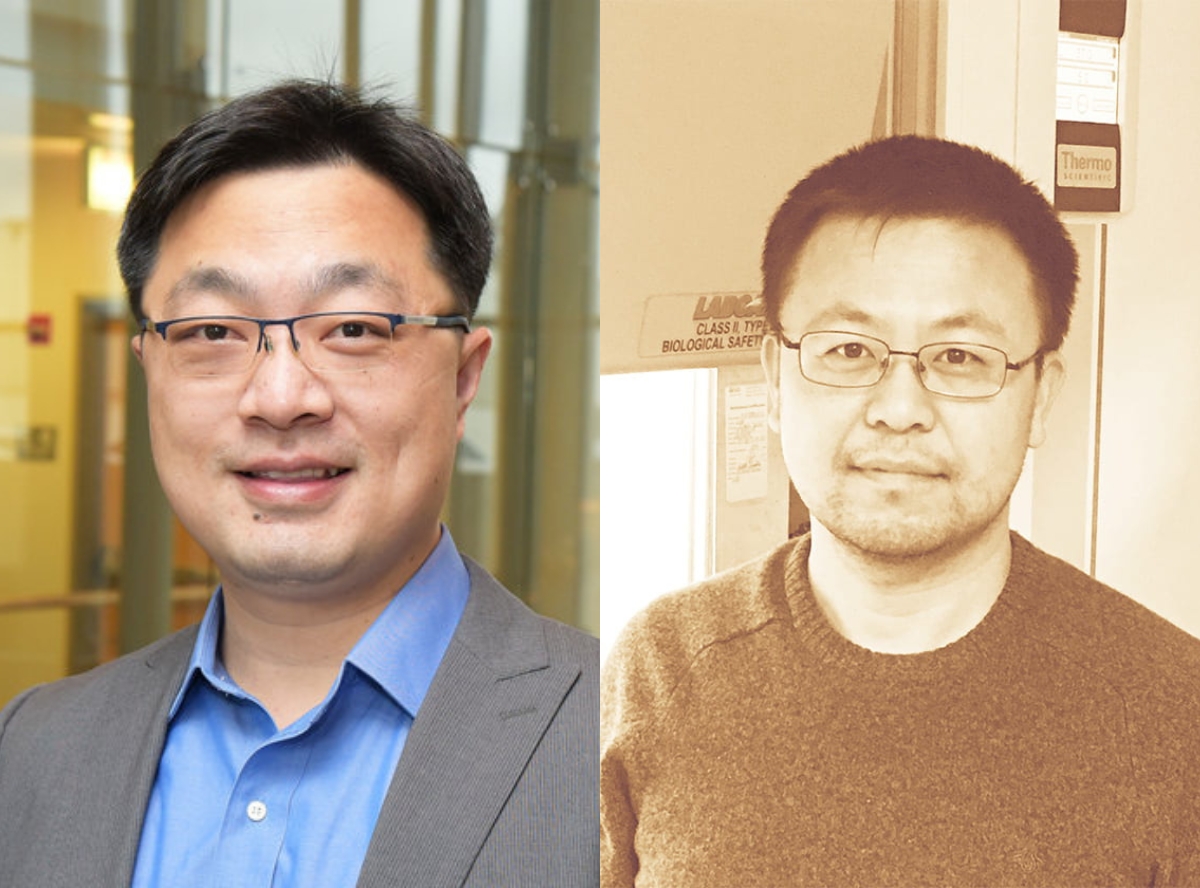Changing Lives Through Groundbreaking Science
Using robust scientific and lay review, in the 2023 cycle, the GI Research Foundation awarded $550,000 to six investigators at the University of Chicago for novel research projects.
2023 Competitive Grant Cycle Awards
Using robust scientific and lay review, in the 2023 cycle, the GI Research Foundation awarded $550,000 to six investigators at the University of Chicago for novel research projects.
Optimizing the Gut Environment for Better Health
Bozhi Tian, PhD and Jiping Yue, MD
THE PROBLEM
Our gut microbiota – the tiny organisms in our gut – play a crucial role in our overall health. Think of it like tending to a garden—the soil and microbes interact in ways that are crucial for both agriculture and the environment. Investigators have created special soil-inspired materials that can impact the growth of the microbes but are still figuring out exactly how the structure affects the microbial communities.
THE HYPOTHESIS
Will a new class of organic-inorganic porous materials – hydrogel – with its tissue-like mechanical properties and resistance to gastric acid – help avoid physical irritation or a foreign body reaction and positively impact the microbiome?
THE RESEARCH PLAN
- Create and test soil-inspired scaffolds in the laboratory and use advanced analytical techniques to understand how they influence the growth and metabolism of specific gut bacteria.
- Develop a computational model to predict the effects of these scaffolds on microbes.
- Study the effects of these scaffolds on the gut microbiota and on various measures of gastrointestinal (GI) health, such as body weight, colon length, and fecal water content.
- Analyze fecal samples to identify changes in the gut microbiome and assess the materials’ impact on the GI system’s emptying time.
THE GOALS
Boost human health by harnessing the power of soil-inspired materials to improve our gut microbiota.
THE PROGRESS
Developed a prototype hydrogel system and showed promising results in reducing colitis symptoms in rodents, pointing toward potential therapeutic effects. Now analyzing fecal samples to understand how these materials affect the gut microbiome and influence factors like body weight and colon health.
“Using a combination of scientific and lay review, the GI Research Foundation has awarded $550,000 in grants. We are so proud and privileged to be in partnership with the University of Chicago Medicine’s Digestive Diseases Center. Our competitive grant program supports novel research projects led by its investigators. This partnership provides us with extraordinary opportunities to be a first-in funder of groundbreaking ideas and has resulted in millions in funding from the National Institutes of Health. We are excited about the promise of these funded projects.”


